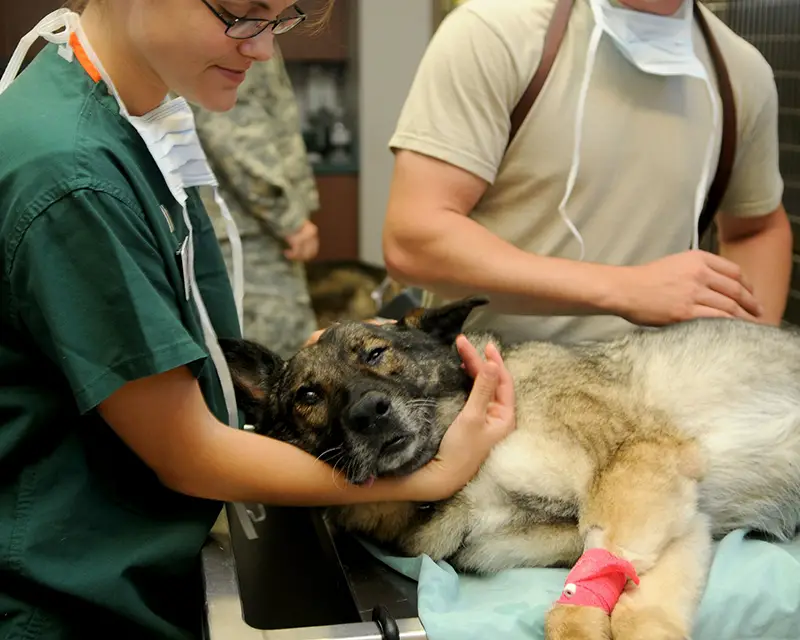Click here to get this post in PDF
Your love for animals can be a valid reason to explore a career in the veterinary field. But you need to understand that the journey is long and challenging, and you can expect admissions to be cut-throat competitive. The cost of the degree is high, so you must be prepared for the rigors. However, the career is rewarding and fulfilling. But before you dive, you must test the waters and know the exact route that will enable you to reach your goal and the challenges that stand in the way. You can visit www.veterinaryschoolsu.com in this regard.
Typical career route for vets
Once you are in the vet school, you will stay there for four years and have a doctor of veterinary medicine (D.V.M) degree at the end of the program. As an aspiring veterinarian, you can expect to complete your higher education in eight years after completing high school. It means that you will have to spend four years in college and another four years in vet school. You can study further to specialize in a particular field such as surgery or pathology with internship and residency programs after vet school. It will sum up to a decade of education after you complete high school. You will also need a license to start practicing.
Direct-entry vet programs
While most aspiring veterinarians follow the regular route, you can also look for a direct-entry program to skip college and jump-start your career right after high school. But these opportunities are available only for outstanding high school students who show extraordinary academic capabilities and commitment to the goal. Direct-entry students get the degree in fewer than eight years for the traditional route. The option is available in some vet schools, and conditions apply, so you must know them thoroughly before trying to gain entry through this route. So, whether you are looking for vet assistant schools in California or somewhere near you, make sure to do your research.
Know what to expect as you get down to work
Apart from understanding the academic options for admission into the vet school, you must also get a fair idea of what to expect once you start working as a vet. You will have to handle animals and their owners as well. It means that soft skills are as vital as hard skills. While a high earning potential will be waiting for you, it is crucial to get disability insurance for soon to be veterinarians to keep your finances secure even if you are too hurt or sick to work. A little financial planning at the early stages of your career can give you peace of mind and enable you to focus on growth and learning.
Gaining hands-on experience helps
Whichever route you choose to build your veterinary career, gaining hands-on experience in the industry during your learning years gives you a head start. You will have a better understanding of the practical aspects of handling and treating your patients and interacting with their owners as well. You also get an insider’s perspective on what happens in examining rooms and operating rooms. Moreover, the first-hand experience can add to your college credit, improve grades, and strengthen your resume.
A career in veterinary medicine requires long years of hard work and training but knowing all about it gives you clear expectations. You are in a better position to align with the goals and achieve them in the years ahead.
You may also like:
What are the Benefits of Career Planning?
a16z-backed Scribenote launches free veterinary AI scribe, as adoption surges across practices
Image source: Pixabay.com

